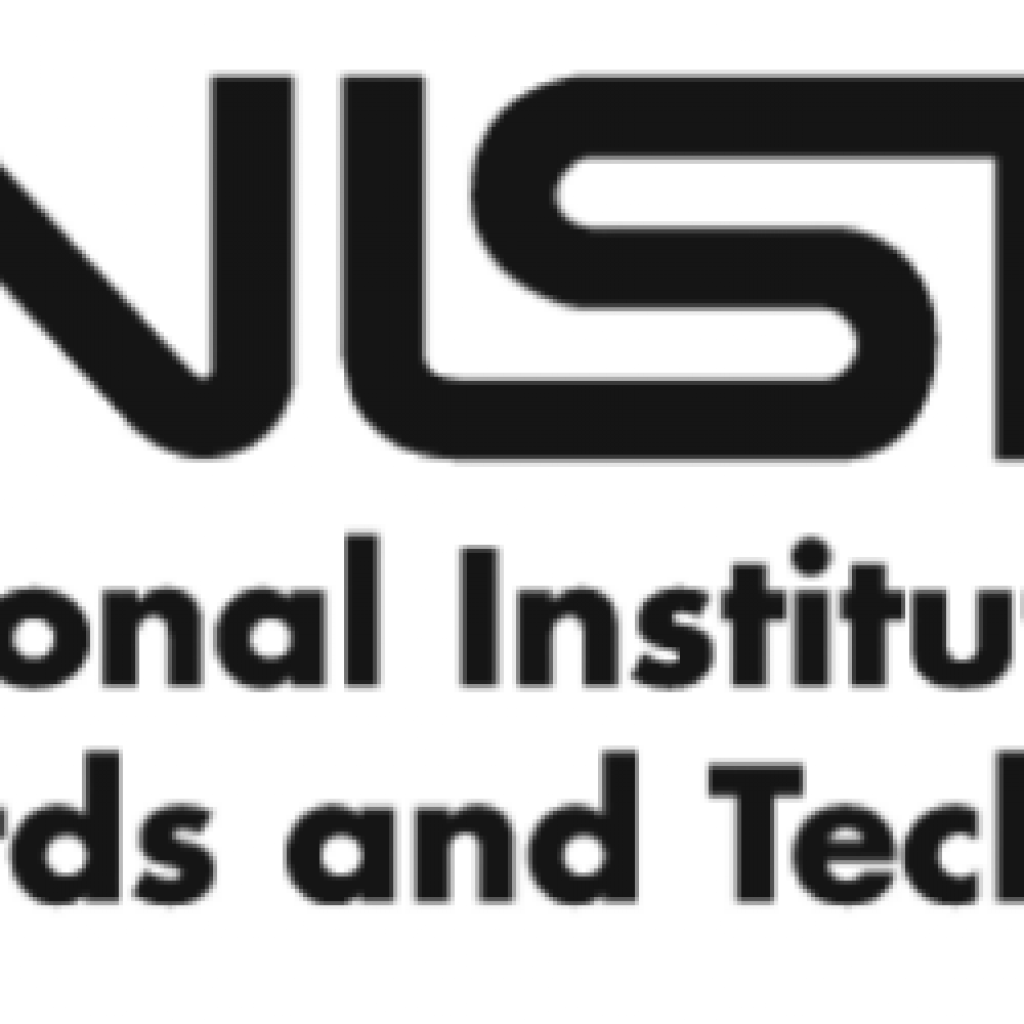(InsiderCyberSecurity) The National Institute of Standards and Technology’s Charles Romine issued something of a battle cry this week about the possibility of China developing a quantum computer able to decode current forms of encryption. Romine, who directs NIST’s Information Technology Laboratory (ITL), told a meeting of the agency’s Information Security and Privacy Advisory Board on Wednesday.
The ITL has been developing cryptographic standards since the early 1970s. That history could hold promise with one of the scariest challenges for information security on the horizon, as other nations, particularly China, invest in quantum computing which would enable super fast calculations and make current encryption methods pointless.
Working at NIST, “you’re saving the world,” Romine noted several times during the meeting during which he provided an update on the agency’s current efforts on cryptography.
Matthew Scholl, head of NIST’s Computer Security Division, said NIST’s strategy to add cryptographers is going well.
He briefed the board on those and related efforts, including a competition to develop algorithms for effective cryptography in a quantum computing era. Scholl noted that the competition was moving into round two with NIST having narrowed 69 submissions down to 26 and a workshop coming in August to further winnow down the field. He said NIST will select not just one winner, but a few, to better improve the chances — through diversity — for resilience to the intrusions of a quantum computer.
NIST Issues ‘Something of a Battle Cry’ on Encryption in the Face of China’s Quantum Computer Program
